TL;DR
- Outsourcing payroll can free internal teams from repetitive tasks while ensuring compliance with multiple Indian regulatory requirements and timely salary processing.
- Choosing the right provider requires assessing technology reliability, statutory expertise, service responsiveness, transparent pricing, and proven capability within your industry sector.
- Successful payroll outsourcing depends on structured onboarding, accurate data transfer, legal mapping, and consistent monitoring of provider performance over time.
- Security measures such as encryption, controlled data access, and regular audits are essential for protecting sensitive payroll and employee records.
- TeamLease offers payroll services alongside staffing, HR technology, consulting, and enterprise learning to support both payroll needs and broader organisational goals.
Introduction
Payroll accuracy is more than a compliance requirement because it directly affects employee trust, retention, and the credibility of your organisation’s leadership.
Seven in ten companies worldwide now consider payroll outsourcing as a practical solution to address talent shortages and reduce pressure on internal HR teams.
In this blog, you will discover a clear, step-by-step approach to outsourcing payroll in India, from requirement assessment through to ongoing compliance management.
5 Strong Reasons to Move Payroll Outside Your Organisation
Outsourcing payroll enables you to focus on strategic priorities while ensuring salaries are processed correctly and statutory obligations are met consistently.
It removes the burden of repetitive calculations, manual compliance checks, and constant monitoring of payroll regulations that vary between states.
The main benefits explain why many organisations choose this approach to improve payroll quality and reliability.
- Cost Savings: Reduce the need for a large in-house payroll team and expensive software by accessing expert services at a predictable cost.
- Accuracy and Compliance: Ensure payroll is processed correctly with all PF, ESI, TDS, and Professional Tax requirements met without delays.
- Time Reallocation: Allow your HR function to spend more time on employee engagement, workforce planning, and other high-value initiatives.
- Scalability: Adapt quickly to workforce growth or changes without significant investment in payroll infrastructure or additional staff.
- Data Security: Protect sensitive payroll and employee information with secure systems and strict data protection protocols.
With these benefits in mind, the next step is understanding the process that ensures payroll outsourcing is set up for success.
7-Step Plan for a Smooth Payroll Outsourcing Process

Moving to an outsourced payroll model requires careful planning and structured execution to avoid delays, errors, or compliance gaps.
The following steps will help you implement the change while maintaining continuity for employees and meeting legal requirements.
- Assess Your Needs and Objectives: Define requirements by reviewing payroll frequency, workforce size, multi-location operations, and current compliance pain points.
- Select the Right Payroll Partner: Evaluate providers based on statutory expertise, technology quality, service reliability, transparent pricing, and sector experience.
- Initial Onboarding and Data Sharing: Supply complete and accurate employee information, salary details, attendance logs, and tax declarations for proper configuration.
- System Configuration and Legal Mapping: Align the provider’s system with your payroll policies and map to PF, ESI, LWF, and TDS obligations.
- Payroll Processing and Payslip Delivery: Approve payroll runs before salary disbursement, with payslips accessible to employees via secure online portals.
- Compliance Filings and Regulatory Submissions: Confirm all statutory filings are submitted on time to avoid penalties or interest charges.
- Ongoing Management and Support: Use reporting dashboards and maintain regular reviews with the provider to address legislative changes or operational adjustments.
Understanding the steps is essential, but being aware of potential risks will help you safeguard the process even further.
Risks to Manage When Outsourcing Payroll
Outsourcing payroll reduces internal workload, but certain risks can affect accuracy, compliance, or employee trust if left unchecked.
Proactive monitoring of these areas will help maintain the reliability and security of your payroll operations.
- Data Security: Confirm providers use encryption, secure data centres, and audited procedures to protect sensitive payroll information.
- Integration Hurdles: Check system compatibility with your HR, finance, or enterprise platforms to avoid manual rework and data discrepancies.
- Regulation Changes: Ensure the provider actively tracks and applies legislative updates affecting payroll across different Indian states.
With the risks addressed, you can focus on choosing a provider whose services extend beyond payroll to offer broader value.
How TeamLease Supports Your Payroll and HR Goals

TeamLease Digital provides payroll outsourcing alongside a full range of workforce and workplace services designed for organisational growth and operational excellence.
Their offerings combine specialist expertise, technology solutions, and tailored processes to address payroll requirements within a broader HR service framework.
- Workforce, Workplace, and HR Transformation Services: Strategies and systems designed to align people, processes, and technology with organisational goals.
- Professional Staffing: A team of over 200 recruiters managing complete hiring cycles across industries, supported by AI-driven tools for faster hiring. Payroll and compliance services are delivered across multiple countries with strict adherence to local laws.
- HR Technology Marketplace: Access to more than 450 vetted HR technology solutions, matched to each organisation’s size, sector, and operational requirements.
- HR Advisory and Consulting: Support for reviewing, designing, and enhancing HR service delivery, including process redesign and strategic technology adoption.
- Enterprise Learning: Over 10,000 trainers providing blended learning, hire-train-deploy models, certifications, executive education, and tailored programmes aligned to specific goals.
Book a demo today with TeamLease to explore how their payroll outsourcing and HR solutions can support your organisational priorities and operational goals.
FAQs
Q: How long does it usually take to move payroll to an external provider?
A: The transition time depends on your company’s size, data accuracy, and responsiveness during information exchange between your team and the provider. Smaller companies may complete the process within four to six weeks, while larger organisations with complex structures usually require more time.
Q: Can payroll outsourcing work for companies with employees in multiple Indian states?
A: Yes, as long as the provider has experience with varied state-specific payroll laws and statutory compliance processes across India’s diverse regions. Such providers account for differences in professional tax, leave regulations, and contributions to mandatory social security schemes across different jurisdictions.
Q: How do outsourced payroll providers handle errors or disputes?
A: Providers typically follow a clear process for corrections, including recalculating affected salaries, issuing corrected payslips, and adjusting related statutory submissions. Effective dispute resolution relies on strong communication channels between your team and the provider to maintain accuracy and employee trust.
Q: Is it possible to outsource only specific payroll tasks instead of thewholel process?
A: Yes, some providers allow companies to outsource specific tasks such as compliance filing, tax calculation, or attendance and leave management. This flexibility can suit organisations that prefer retaining partial control of payroll while outsourcing more technical or labour-intensive components.
Q: What should I ask a payroll provider before signing a contract?
A: You should ask about data protection measures, industry experience, technology compatibility with your existing systems, and their ability to handle compliance changes. Requesting client references from similar businesses can also offer insight into the provider’s reliability and quality of service.







